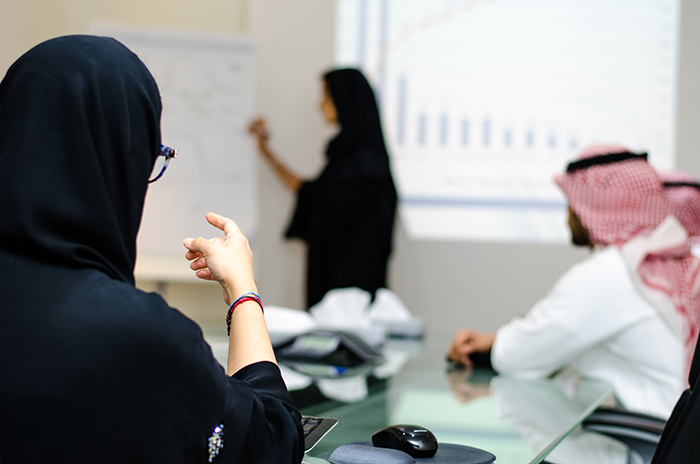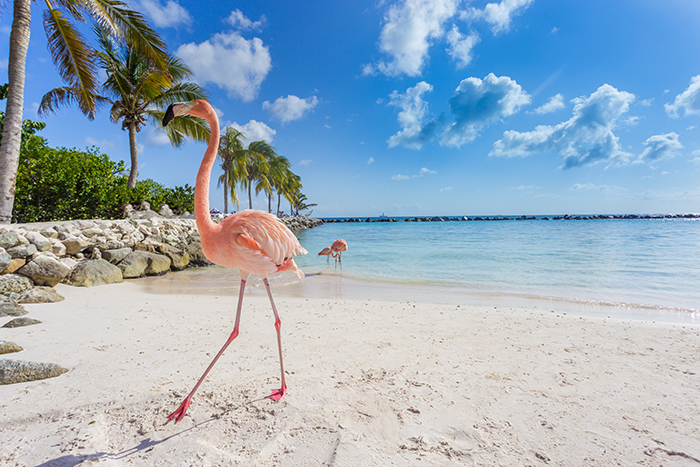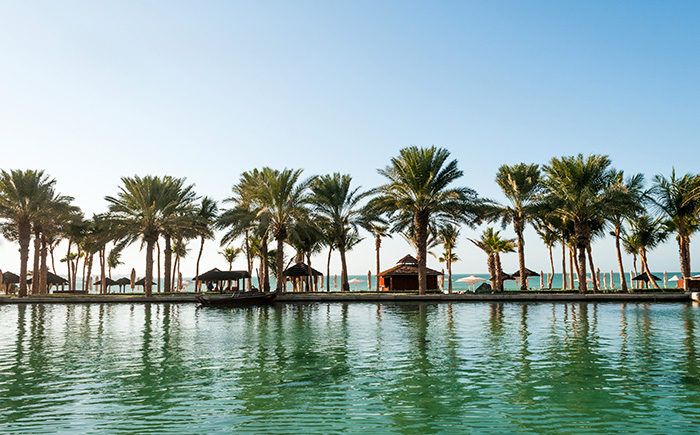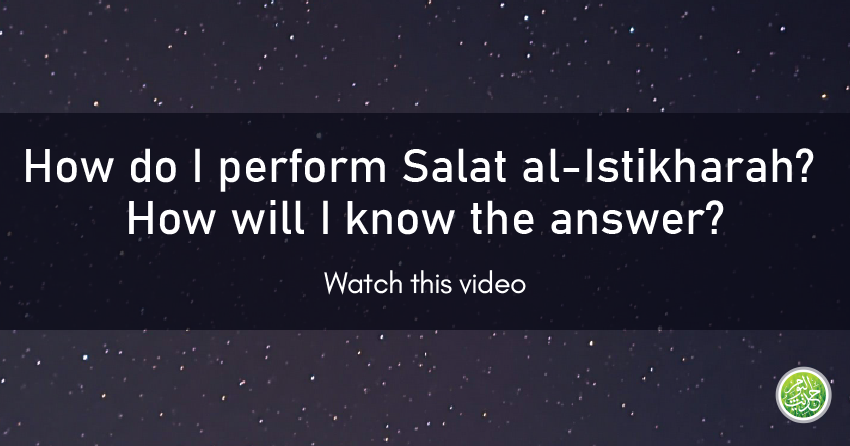
By Yūsuf Badāt
1. Women are to be educated.
“Acquisition of knowledge is binding on all Muslims [both men and women without any discrimination].”
(Ibn Mājah)
“Some women requested the Prophet (peace and blessings upon him) to fix a day for them as the men were taking all his time [to learn]. Upon this, he appointed for them, a day [every week], for religious lessons and injunctions.”
(Ṣaḥīḥ Bukhārī)
2. Women are entitled to their own opinion and may also vote.
When the Prophet (peace and blessings be upon him) made a peace deal with the Quraysh, agreeing to go back and not enter Makkah that year, he said to his Companions, “Get up and offer your sacrifices.” The narrator said, “By God, not one man among them got up [due to the emotional trauma], to the extent he had said that three times. When not one of them got up, he entered upon Umm Salamah (may God be pleased with her) and told her how the people had reacted. Umm Salamah suggested, “O Prophet of God, do you want them to do that? [I suggest you to] go out and do not say a word to any one of them, until you sacrifice your camel and call your barber to shave your head [in their presence]. When he did that, they [all] got up and offered their sacrifices.” – (Ṣaḥīḥ Bukhārī)
ʿOmar Ibn Khaṭṭāb (may God be pleased with him) forbade the people to give too much in dowries. When he came down from the pulpit, a woman from the Quraysh intercepted him and said to him, “Have you not heard what God revealed in the Qurʾān?” He said, “What is that?” She replied, “Have you not heard the following verse, “…and you have given one of them a heap [of gold] as a bridal gift.” – (Qurʾān: 4:20). ʿOmar then said, “May God forgive me; there are many people who have more understanding than ʿOmar.” Thereafter, he ascended the pulpit and said, “I had forbidden you to do such and such, but now whoever wishes to give whatever he wants of his wealth may do so.” He said, “Whoever is happy to do that, let him do so.” – (Ḥayāt Al-Ṣaḥābah, Musnad Al-Farūq Li Ibn Kathīr)
3. Women are permitted to drive.
“The best women among the camel riders are the righteous women of the Quraysh.”
(Ṣaḥīḥ Bukhārī)
4. Women can work and operate businesses.
Jābir Ibn ʿAbd Allāh (may God be pleased with them) reported,
“My maternal aunt was divorced, and she intended to pluck her dates [from palm trees]. A person scolded her for having come out [during her waiting period to work]. She came to the Prophet (peace and blessins be upon him) and he told her, “Certainly you can pluck [dates] from your palm trees, for perhaps you may give out charity or do an act of kindness.”
(Ṣaḥīḥ Muslim).
Khadījah Bint Khuwaylid (may God be pleased with her) was a wealthy business woman who married Muḥammad (peace and blessings upon him). – (Sīrah Ibn Hishām)
5. A woman has a right to give testimony.
Ibn Jarīr says,
“A woman can be a scholar and even a judge because she is allowed by God to bear testimony.”
(Sharḥ Sunan Al-Nasaʿī)
ʿUqbah Ibn Al-Hārith (may God pleased with him) asked the Messenger of God (peace and blessings upon him) saying,
“I married a woman, then an elderly maid came to me and said, “I suckled you both [therefore you cannot be married].” Accordingly, the Prophet (peace and blessings be upon him) ordered them to separate. ʿUqbah Ibn Al-Hārith objected, “She may be a liar.” Upon this, the Messenger of God (peace and blessings upon him) said, “You must divorce her.”
(Ṣaḥīḥ Bukhārī)
6. Women can participate in leadership positions.
“ʿOmar Ibn Khaṭṭāb (may God be pleased with him) appointed Samrah Bint Nuhayk as a chief supervisor of the marketplace, and gave her authority to carry out her role. Thus, she would patrol the market while giving instructions to follow the required rules.” – (Al-Istiʿāb Fī Asmāʾ Al-Asḥāb]
7. Women can lead prayer.
“Ᾱy’isha (may God be pleased with her) used to call the adhān and the iqāmah; and would lead the women in prayer and [while doing so] she would stand in the middle of them”. – (Mustadrak, Sunan Al-Bayhaqī)
“Umm Salamah (may God be pleased with her) led women in prayer and stood in the middle [of the row].” – (Sunan Al-Bayhaqī)
8. Women have the final say in choosing who they wish to marry.
“A young woman came to the Prophet (peace and blessings be upon him) and told him that her father had married her off against her will. The Prophet (peace and blessings be upon him) gave her the choice [to nullify the marriage or stay in the marriage].”
(Sunan Abī Dawūd)
“A previously married woman has more right regarding herself than her guardian, and the permission of a virgin must be sought [for marriage].”
(Saḥīḥ Muslim)
“It is not permissible for the guardian to force a sane mature virgin woman to marry… if she refuses [to marry someone], she cannot be made to marry.”
(Mukhtaṣar Al-Qudūri)
9. Women keep their last name after marriage.
“Anyone who knowingly attributes themselves to someone other than their father is guilty of disbelief. Whoever claims to belong to a people who have nothing to do with them [in blood linage], let them take their place in the fire.”
(Ṣaḥīḥ Bukhārī)
10. Women are not Islamically obliged to cook for their husbands.
“The overwhelming consensus of Muslim jurists, including the Shāfʾīe, Ḥanbalī and Mālikī scholars, are of the position that cooking and serving the husband is not mandatory on the wife, it is praiseworthy though. The Ḥanafī view is that it is necessary but not islamicaly legislated to cook and serve the husband. The marriage bond in Islam, is about sexual benefit not service.” – (Al-Mawsūʿah Al-Fiqhiyyah)
11. Women have the full right to their own wealth.
“A woman is the owner of her wealth.”
(Ṣaḥīḥ Bukhārī)
12. Women are not owned, controlled or abused.
“Indeed I order you to be good to women, for they are under oath in your marriages. You do not own them.”
(Tirmidhī)
“The Messenger of God (peace and blessings be upon him) did not strike a servant or a woman, and he never struck anything [or anyone] with his hands.”
(Ṣaḥīḥ Muslim)
13. Women have a right to initiate divorce.
“If they fear they are unable to fulfill rights, there is no sin on the couple, if she gives back [the mahr or a part of it] for her Khulaʾ (divorce).”
(Qurʾān 2:229)
The wife of Thābit Ibn Qays ibn Shammās (may God be pleased with him) came to the Prophet (peace and blessings be upon him) and said,
“O Messenger of God, I do not find any fault with Thābit Ibn Qays in his character or his religious commitment, but I do not want to commit any act of disbelief after becoming a Muslim [as I want out of this marriage].” The Prophet (peace and blessings be upon him) said to her, “Will you give back his garden [which he gave you as mahr]?”. She said, “Yes.” The Prophet (peace and blessings be upon him) then said to Thābit, “Take back your garden, and be divorced.”
(Ṣaḥīḥ Bukhārī)
14. Women will also enter Paradise.
“Whosoever does a righteous deed, whether male or female and is a true believer will enter Paradise.”
(Qurʾān 40:40)
15. Women are equal to men.
“Never will I allow to be lost the work of any of you, be they male or female. You are all from one another.”
(Qurʾān 3:195)
“Whoever does righteous good deeds, whether male or female, and is a true believer in the Oneness of God, will enter Paradise. Not the least injustice, even to the size of a speck, will be done to them.”
(Qurʾān 4:124)
—
NOTE: For detailed islamic jurisprudence on the above, consult an islamic expert.
Source: brought to you by Mathabah, read more here.
Since You’re Here… we have a small favour to ask.
In these extraordinary times, millions rely on HOTD for daily uplifting & inspiring content. Established since 2009 and with your kind support we’ve seen readers elevate their Imaan & strive for better on a daily basis. We’re committed to keeping our content freely available and open for all readers. Every contribution, however big or small, makes a difference and help us spread knowledge to millions daily
HOTD is something special, it’s a place where people can come to be inspired, to renew their faith, to learn and share knowledge, to fall in love with our faith and also our Prophet (peace and blessings be upon him and his family).
All content on HOTD is free. We believe what we do in this life builds for the next one and we work tirelessly with the aim to please Allah and inspire the global Muslim community as
well as providing information and inspiration for anyone interested in Islam. We simply cannot do this without your support and your support helps us continue our services.
If there were ever a time to join us, it is now. You can support HOTD and help sustain our future. Support Hadith of the Day and make a one-off donation or give regularly from as little as £10 a month Jazak’Allah Khayr – whatever you donate will come back to benefit you Insha’Allah as whatever is spent in the way of Allah is an investment in the future and the next life. Thank you.







